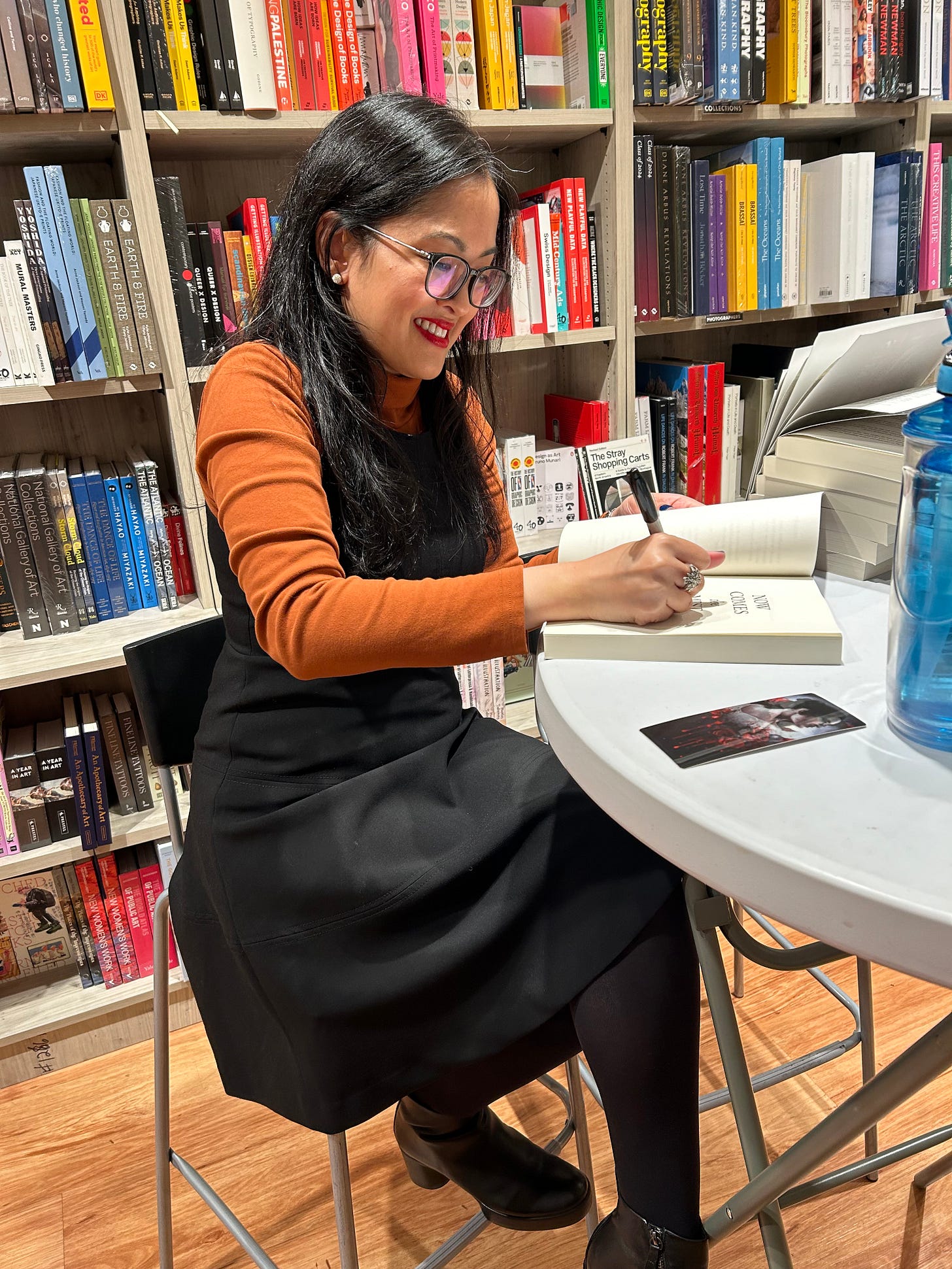Happy November! And if you’re in the U.S., don’t forget to vote if you haven’t already.
Today, I’m discussing the do’s and don’ts and basic etiquette of being an author. Most other career paths have onboarding sessions, formal training, and opportunities to shadow established employees, but these do not exist in an organized form for writers. You get an agent and a book deal, and maybe you’ll receive a one-page Word document of tips for self-promotion on social media, as I once did.
But where is the class on how a writer’s finances work? Where do you learn about publishing payment schedules, self-employment taxes, royalties, and how best to save your earnings? What about money from subsidiary rights like film, TV, and foreign translations, and how all of that works?
Who will teach you about public speaking, a requirement almost every author must face? Where do you learn how to navigate and behave on social media in the public eye? Where do you get rigorous media training on how to communicate effectively and eloquently in front of an audience, big or small, onstage or on camera?
How do you learn about the people who will help get your book into stores? What’s the difference between sales and marketing and publicity? What’s happening behind the scenes and what are the exact steps that will turn your book from a document on your computer to a product on a store shelf?
The answers are all online, and if they are not, you can always ask your agent or other authors. Sometimes, you can look up classes on taxes or public speaking and foot the bill for them yourself, as I have. But no author gets an all-inclusive publishing boot camp that equips them with what they need to know. I really wish that one existed, but we all just have to learn on the fly.
One of the most important lessons I’ve gleaned is that although writing is solitary, publishing is built on a foundation of interpersonal relationships — whether that’s with your agent, editor, editorial assistants, marketing and publicity team members, other authors, booksellers, librarians, teachers, or regional sales representatives — and that means that being professional is an absolute must.
Here are key tips on etiquette that I’ve gathered over the past decade of working in publishing:
Keep reading with a 7-day free trial
Subscribe to Julie C. Dao to keep reading this post and get 7 days of free access to the full post archives.




